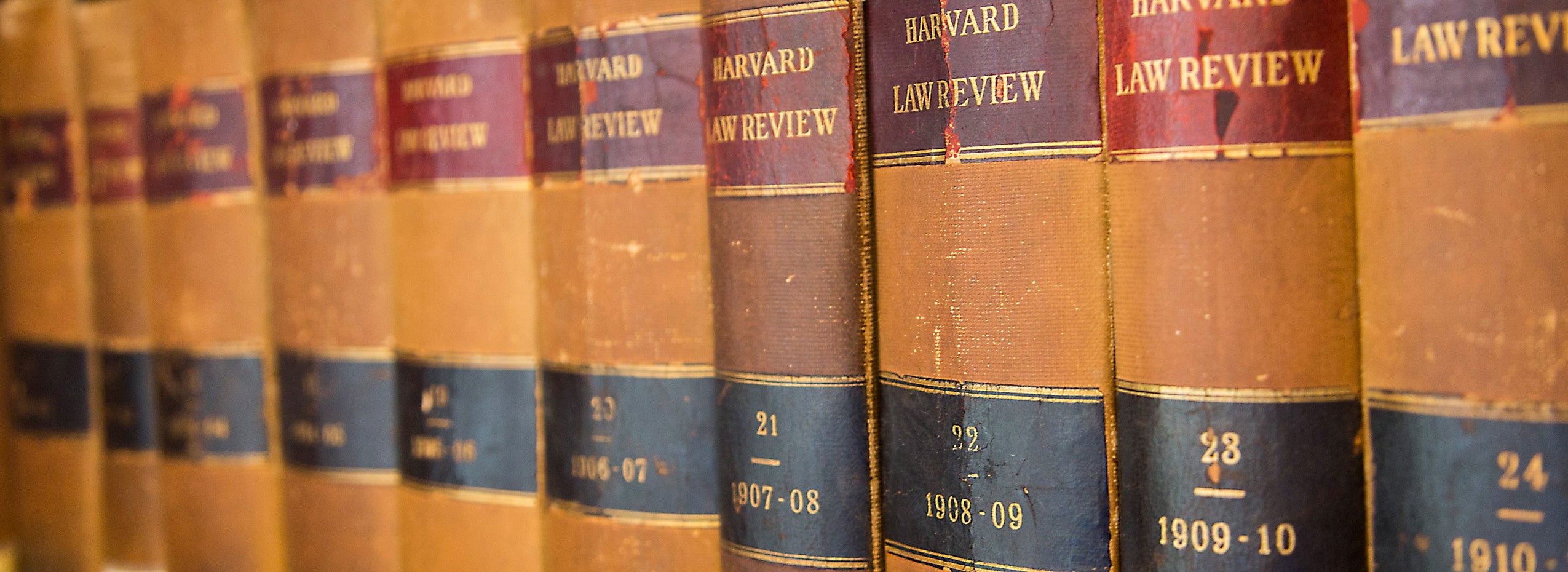Like law itself, law schools have the capacity to retain traditions and to enable change, to protect reliance on past practices and laws and also to inspire reform. Harvard Law School’s bicentennial follows what can be described as three periods of legal education and over a century devoted to debate and rational argument across an expanding range of issues, sources, and points of view. Even with shifts in the debate over what is open for debate, this history provides a foundation for grappling with profound challenges ahead.
–Martha Minow, from “Marking 200 Years of Legal Education: Traditions of Change, Reasoned Debate, and Finding Differences and Commonalities”
On April 15, 1887, with the support of alumnus Louis Brandeis LL.B. 1877, the Harvard Law Review published its very first issue. Today it is one of the oldest and most influential student-operated law journals in the country. Over the years, the journal has sought to evolve in step with the field as a whole. It has brought in new voices and approached the law with fresh perspectives that have both formed the backbone of mainstream legal academia and challenged the status quo.
In honor of Harvard Law School’s bicentennial, the Law Review has published a collection of articles exploring Harvard’s contribution to the development of the law, and how that history will shape the future of the law in theory and practice. With an introductory essay by Martha Minow, former dean and, currently, Carter Professor of General Jurisprudence and Harvard University Distinguished Service Professor, the volume calls on six scholars to explore topics central to the study of law, and to the development of legal education over the two centuries since the founding of Harvard Law School.
Kimberlé Williams Crenshaw ’84, UCLA Law and Columbia Law professor, critical race theorist and civil rights advocate, writes on the subject of “Race Liberalism and the Deradicalization of Racial Reform;” Harvard Law Professor Vicki C. Jackson discusses “Thayer, Holmes, Brandeis: Conceptions of Judicial Review, Factfinding, and Proportionality;” Harvard Law Professor Jeannie Suk Gersen ’02 addresses “The Socratic Method in the Age of Trauma;” Frederick Schauer ’72, professor at the University of Virginia School of Law, takes on the topic of jurisprudence in “Law’s Boundaries;” and Harvard Law School Dean John Manning deconstructs statutory interpretation in “Without the Pretense of Legislative Intent.”
Read the entire Bicentennial issue at HarvardLawReview.org
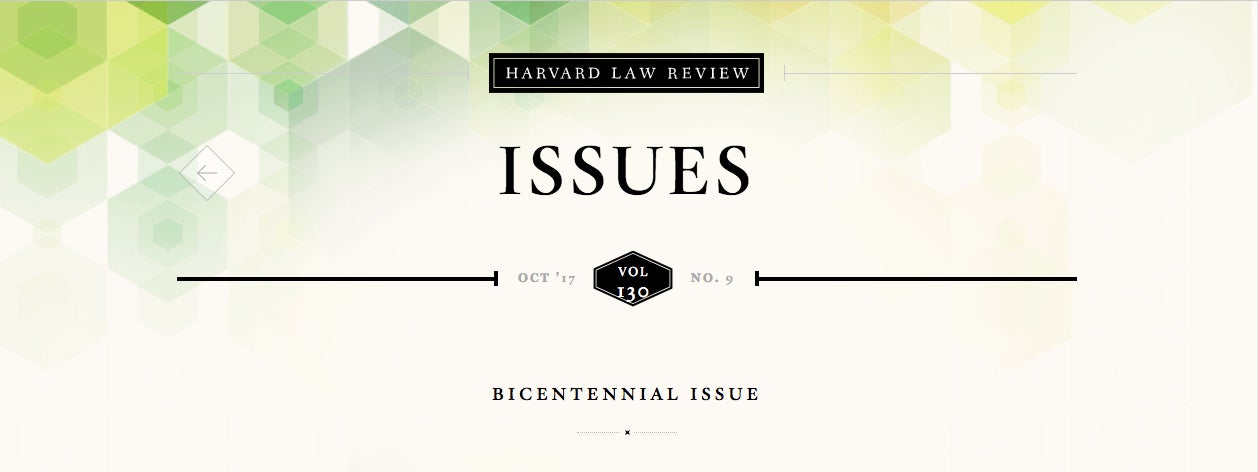
***
Law school is still, and I hope will continue to be, less a trade school and more an intellectual journey that aims to prepare students for doing law in a way worthy of a society we want to live in. The harder it may be to have reasoned dialogues about matters of importance in our society, the more crucial it is for professors to practice doing so with their students.
–Jeannie Suk Gersen ’02, from “The Socratic Method in the Age of Trauma”
***
VIDEO: “HLS in the World: How Harvard Law School Has Shaped the Law”
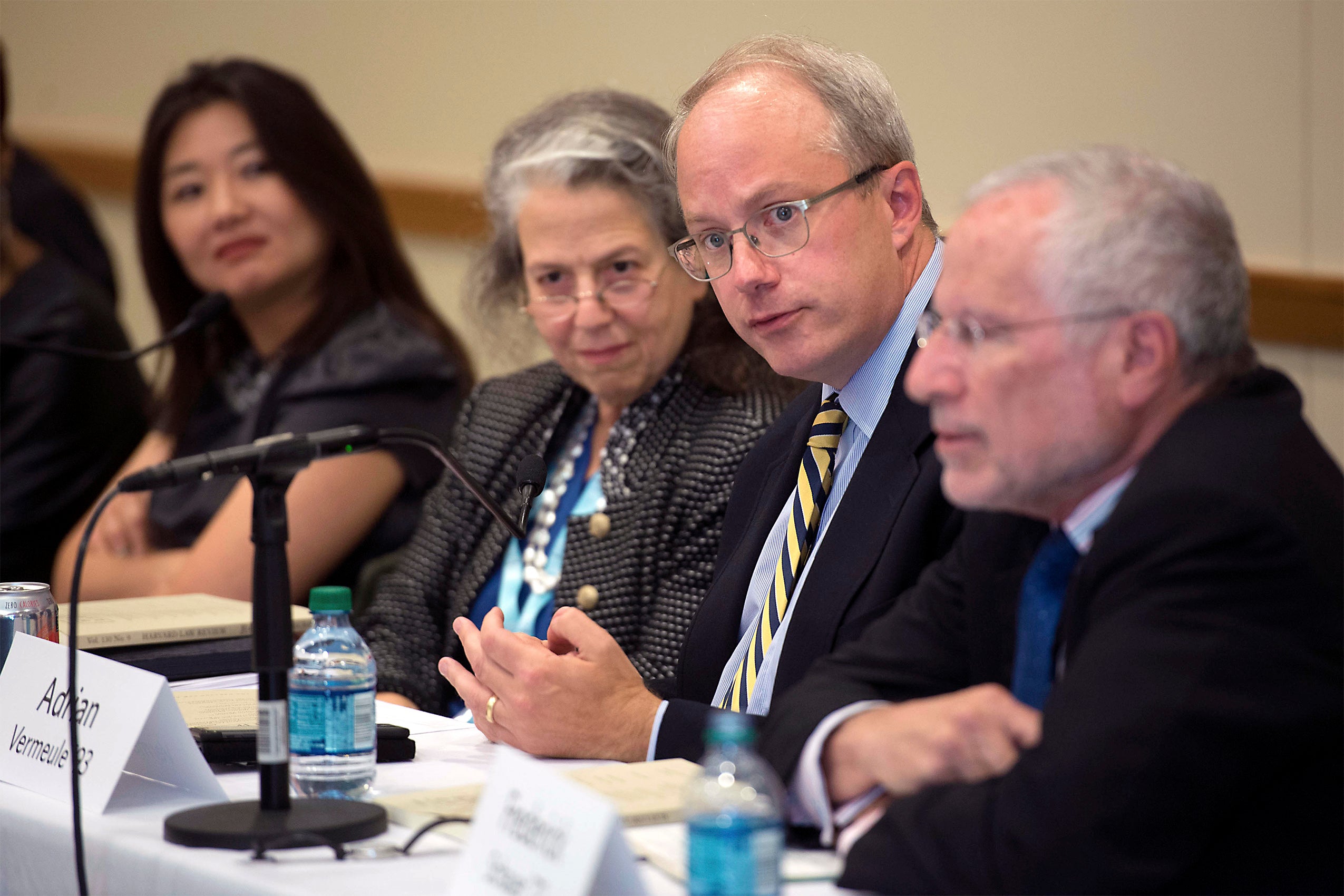
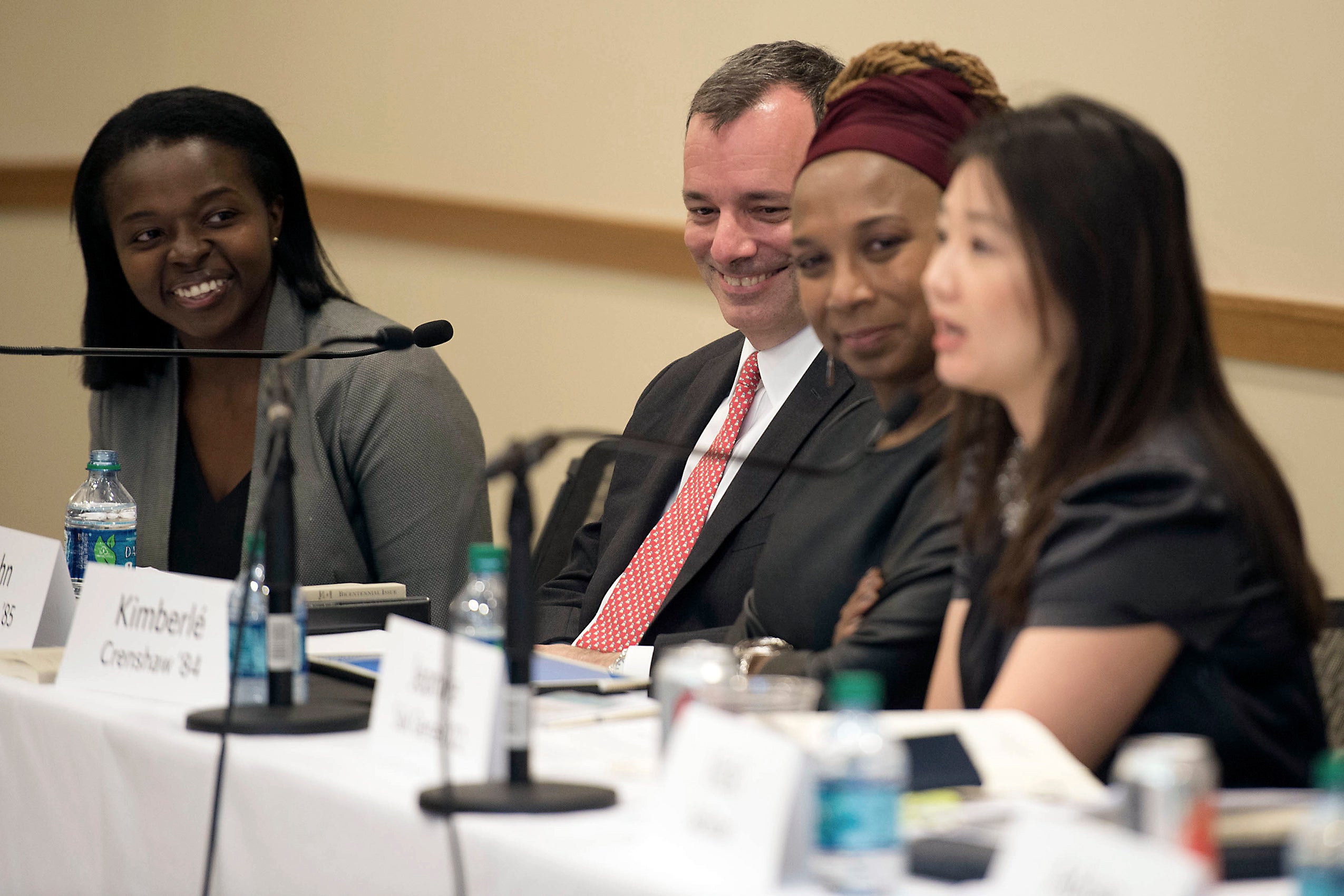
On Oct. 27, as part of the HLS in the World Bicentennial Summit, participants had the opportunity to engage with a panel of faculty who contributed to the Harvard Law Review’s Bicentennial issue. Harvard Law School Dean John Manning and Professors Kimberlé Crenshaw, Jeannie Suk Gersen, Vicki Jackson, Frederick Schauer, and Adrian Vermeule discussed critical approaches to law, legal education, the role of courts in our system of government, statutory interpretation, jurisprudence, and the administrative state.
Watch the discussion on the HLS YouTube channel
Bringing more voices to the table: a Q&A with HLR President ImeIme Umana ’18
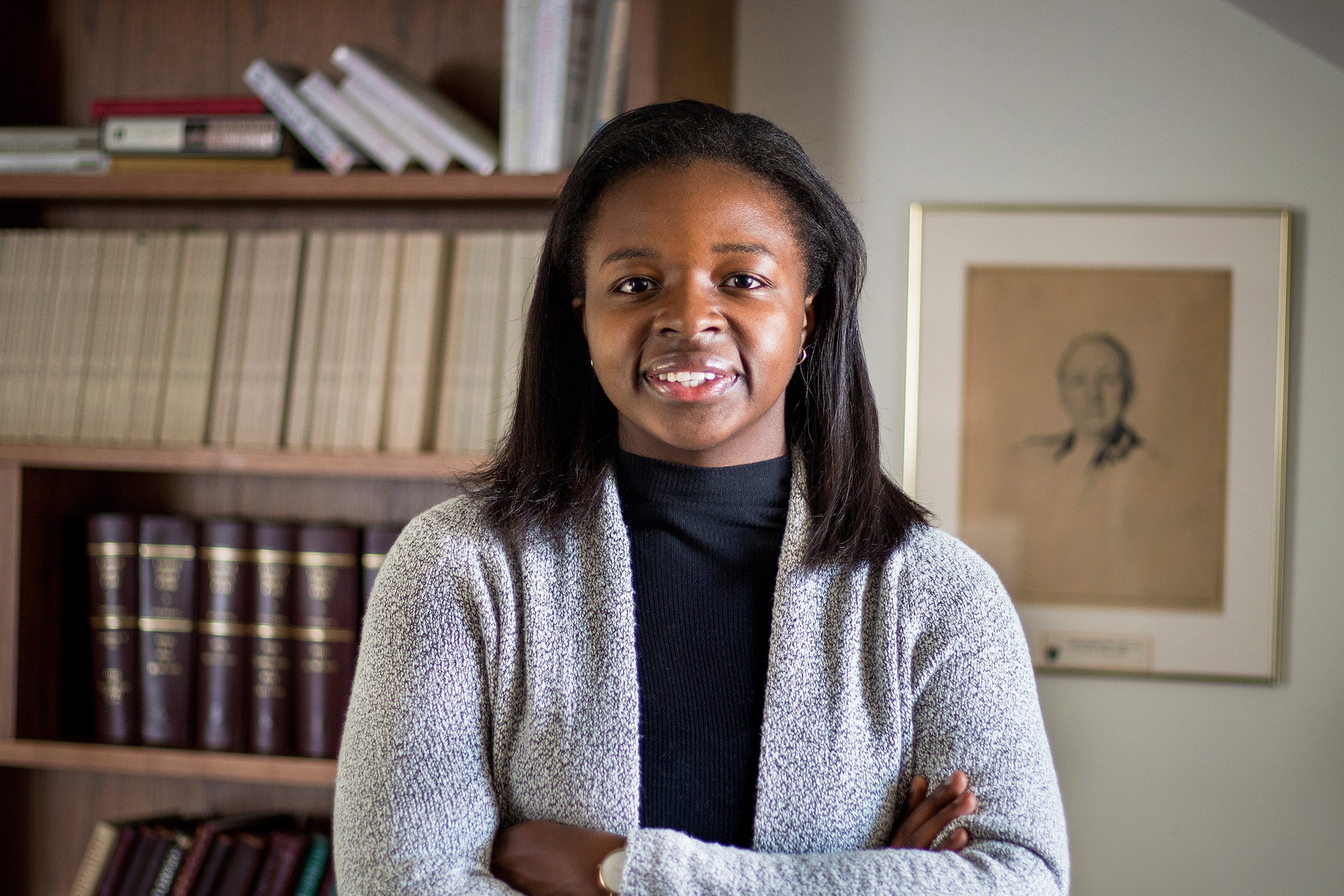
In its special bicentennial issue, the Harvard Law Bulletin spoke with the Law Review’s 131st president, ImeIme Umana ’18, about how scholarship—and the Law Review itself—have changed through the centuries.
